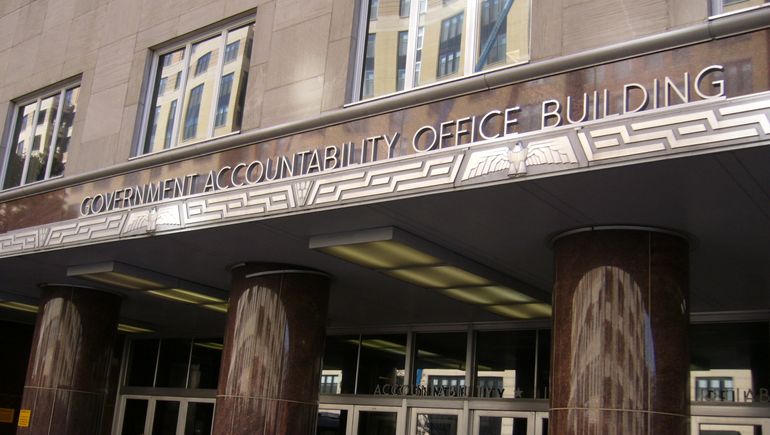Dive Brief:
- Federal agencies took 322 enforcement actions related to medical device advertising between 2018 and 2022, but their activities are constrained by resource limitations, according to a report by the Government Accountability Office.
- Congress asked the GAO to review federal oversight of direct-to-consumer advertising of medical devices, leading to a report outlining the roles of the Food and Drug Administration and Federal Trade Commission.
- The report reveals that the FDA and FTC respectively took 255 and 67 enforcement actions over the analyzed period. Both agencies reported resource constraints that limit their oversight of medical device ads.
Dive Insight:
The FDA told the GAO that it initiates enforcement actions “on a case-by-case basis and after weighing the agency’s benefit and risk factors, including the likelihood and extent of harm to the public, the egregiousness of the conduct, and any special populations that are particularly affected by the practice.” From 2018 to 2022, 255 cases met the threshold for action from the FDA.
While the agency oversees truth in the promotion of restricted medical devices, the FTC covers other over-the-counter and prescription products such as denture cleansers, pregnancy tests, contact lenses and dental aligners. The FTC took 67 device advertising public enforcement actions from 2018 to 2022.
Like the FDA, the FTC applies a risk-based approach to choosing cases to pursue, considering the “potential for substantial injury to the public, including monetary injury and unwarranted health, safety, and privacy risks.” The agencies need to apply risk-based approaches because of resource constraints.
“FDA officials stated that the agency has limited resources to actively monitor the volume of direct-to-consumer advertising. As a result, the agency considers the type and magnitude of benefits along with the severity and likelihood of harm when making enforcement decisions,” the GAO wrote in its report to Congress.
Similarly, the FTC told the accountability office that it has “limited resources and competing priorities for using them.” The trade body also said “the small size of many offending companies” makes it difficult to track and locate businesses that break the rules. As the GAO explained, “someone with a small amount of capital can start a business and set up a website to sell products online, and these companies can be located anywhere in the world.” The FTC searches keywords on social media on an ad-hoc basis.

